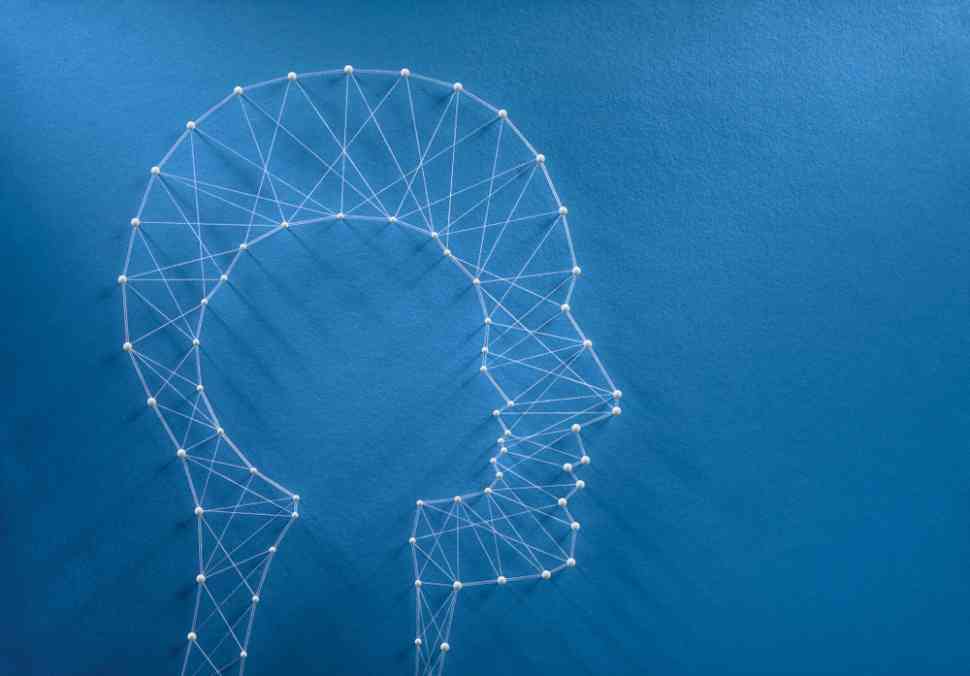Maturity Levels – Fundamental Questions Of Modern Psychology

According to scientists, the key to a successful career is to focus on a field you enjoy. To get closer to your dream job, you have to answer the vital question of who you are. As taff this question is, psychologists, break this down into six simpler questions that help people realize their true identity without being based on what others think of them. Most of the time, we believe we are the person that other people think of us. In other words, others’ opinions lead our choices. How can we overcome this issue without taking skills tests and answering questions like Which was your favorite subject in school? Some of the questions we have to answer seem utterly irrelevant to realizing who we are, but they are deeply connected to our perspective of the world.
- Where does life on Earth come from?
Our answers here would be based on the background we have developed. A religious background would imply that only the existence of God could give satisfying answers to issues that don’t have an obvious answer. Most people in western societies who belong to the high classes are expected to base their perspective on the scientific point of view. The theory of the Big Bang and further random reactions led us to where we are now. People with a tendency to agnosticism will avoid replying to such challenging matters. The way we deal with this fundamental question has a lot to say about the way we think. - Which is the origin of human life?
In addition to the previous question, all people have asked themselves at some point: what about humans? How did we end up here? Again some people feel an outer source placed us here, and the question is: why? Others turn to Charles Darwin’s theory believing we are a part of a sequel with monkeys being right before us. In the meanwhile, some of us answer this question only using their heart. Scientists are more likely to approach this matter in this way. - What is our relationship with our body?
Do we have any power or control over our physical bodies? Are we a continuity of body, mind, and soul? The majority of the population does not recognize any connection between these three. They also believe diseases come randomly to us and we do not have any power to heal our bodies. Is there any chance our physical body is a different form from us? What does this form have to tell us about ourselves, and how can you understand the signs. A heavy person is considered unattractive. The weight, though, hides the different types of information about us. Some claim it reveals insecurity about our financial well-being. Others believe people subconsciously eat a lot and get heavy to repel people of the opposite sex because they are afraid of commitment. Many answers can be given, and some have a positive sign. - What is our relationship with the outer word?
At this point, we start to consider the world beyond our physical bodies. As you see, the questions that arise move outwards. Can we play a significant role in the world’s changes, or are we victims of fate and some invisible universal powers? Whatever we believe we can do is actually what we will end up doing. Are others friendly? Should we trust them? How do we relate with them and how can we interact? Why are some of us leaders and what is the differentiating factor that makes some people affect the world so successfully? - What is our connection to the past?
Humans can only comprehend a linear evolution of time. We can understand the past, present, and future. What happened in the past can not happen in the same exact way in the future and vice versa. Scientists claim that while this is not true, we will always be trapped in that narrow perspective due to our limited sensations and human abilities. Our concept of time creates false conclusions not only about ourselves but about the evolution of civilization as well. Some religions in an attempt to overcome this obstacle deal with life as if it was a circle. This way they overcome the difficulties our human structure imposes on us - How are we related to nature?
Darwin’s theory about the evolution of species is based on a very strong concept; conflict and competition. According to Darwin, only the strongest survive, and while this is true it is not the only one. Nature’s basic rule is cooperation rather than competition. Competition is just an exception when there is no place for cooperation. Think about a single day at work. How many times did you have to cooperate with your colleagues and how many times did you argue. The bottom line is that nature’s rule seems to be cooperation. This also takes place in simple cases. Try to observe how tiny insects, like ants, cooperate all together to help their species survive. So what should we do to succeed? Which attitude gives us the best chances to thrive? Being cooperative is not just an ethical matter, it is actually what will prove most helpful to our survival as individuals and as a society after all.
Bring the best of the CEOWORLD magazine's global journalism to audiences in the United States and around the world. - Add CEOWORLD magazine to your Google News feed.
Follow CEOWORLD magazine headlines on: Google News, LinkedIn, Twitter, and Facebook.
Copyright 2025 The CEOWORLD magazine. All rights reserved. This material (and any extract from it) must not be copied, redistributed or placed on any website, without CEOWORLD magazine' prior written consent. For media queries, please contact: info@ceoworld.biz








